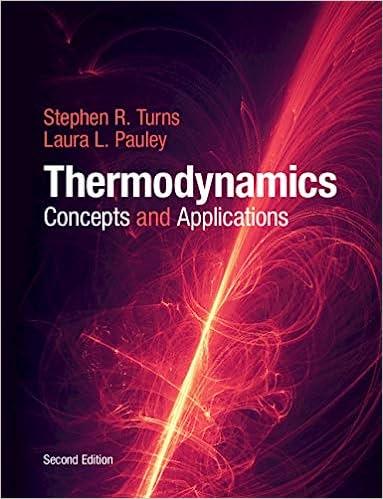Question
Earlier this semester, we learned about some of the types of research studies that have been conducted about how people are affected by mass media
Earlier this semester, we learned about some of the types of research studies that have been conducted about how people are affected by mass media messages. This week, we addressed specific media effects theories, including cultivation theory. As discussed in the video lecture, cultivation theory focuses on cumulative effects that build up slowly over time as the result of individuals seeing the same kind of message over and over again. Examples of the kinds of messages that have been argued to be repeated in television programming include images of violence and stereotypes of specific social groups. The theory suggests that over time, heavy viewers would think media violence is more prevalent than they would otherwise and that real people from stereotyped social groups are more like the media representations than they would otherwise.
For the reflection section of this exercise, youre asked to provide examples of the ways in which the media portray certain aspects of the world. The purpose is to figure out areas where the media portrayals might be consistently getting things wrong. This could open the door to cultivation effects that lead people to have inaccurate understandings of the world. Please address each of the following questions and discussion prompts by midnight on Wednesday. Please number your responses.
- Think of an example of a scientist character from a television program or movie that you have seen recently. It might be a lead character in the series or someone in a minor, supporting role. Identify the show or movie that the character is in and their name (as well as you can remember) and what they did. Briefly describe the character and their most salient attributes. For example, were they portrayed positively or negatively? As dangerous, helpful, or neutral? As silly or smart? Did they do productive things or just get in the way? Were they treated as if they were important within the story? What was their gender? Were they of a particular race or ethnicity? Please also indicate whether you thought this character was typical of media representations of scientists (not necessarily of real scientists) or whether the character was unusual.
- Think of an example of an Asian character from a television program or movie that you have seen recently. Again, identify the show or movie that the character is in and their name (as well as you can remember) and what they did. Briefly describe the character and their most salient attributes. For example, were they portrayed positively or negatively? As dangerous, helpful, or neutral? As silly or smart? Did they do productive things or just get in the way? Were they treated as if they were important within the story? Again, please indicate whether you thought this character was typical of media representations of people who are Asian or whether the character was unusual in the media landscape.
- Think of an example of a character with a mental illness from a television program or movie that you have seen recently. Again, identify the show or movie that the character is in and their name (as well as you can remember) and what they did. Briefly describe the character and their most salient attributes. For example, were they portrayed positively or negatively? As dangerous, helpful, or neutral? As silly or smart? Did they do productive things or just get in the way? Were they treated as if they were important within the story? Were they of a specific national or ethnic heritage? Please indicate whether you thought this character was typical of media representations of people with a mental illness or whether the character was unusual in the media landscape.
- Think of an example of a character who was lesbian, gay, bisexual, queer or transgender from a television program or movie that you have seen recently. Again, identify the show or movie that the character is in and their name (as well as you can remember) and what they did. Briefly describe the character and their most salient attributes. For example, were they portrayed positively or negatively? As dangerous, helpful, or neutral? As silly or smart? Did they do productive things or just get in the way? Were they treated as if they were important within the story? Were they of a specific national or ethnic heritage? Please indicate whether you thought this character was typical of media representations of people with who are LGBQT or whether the character was unusual in the media landscape.
- Can you think of a type of character or a topic where you think the messages you see in the media are consistent enough to cultivate media effects? If so, explain what you think the topic or character type is and describe the consistent messages that you see. Make sure you incorporate information about Cultivation Theory into your response.
Step by Step Solution
There are 3 Steps involved in it
Step: 1

Get Instant Access to Expert-Tailored Solutions
See step-by-step solutions with expert insights and AI powered tools for academic success
Step: 2

Step: 3

Ace Your Homework with AI
Get the answers you need in no time with our AI-driven, step-by-step assistance
Get Started


